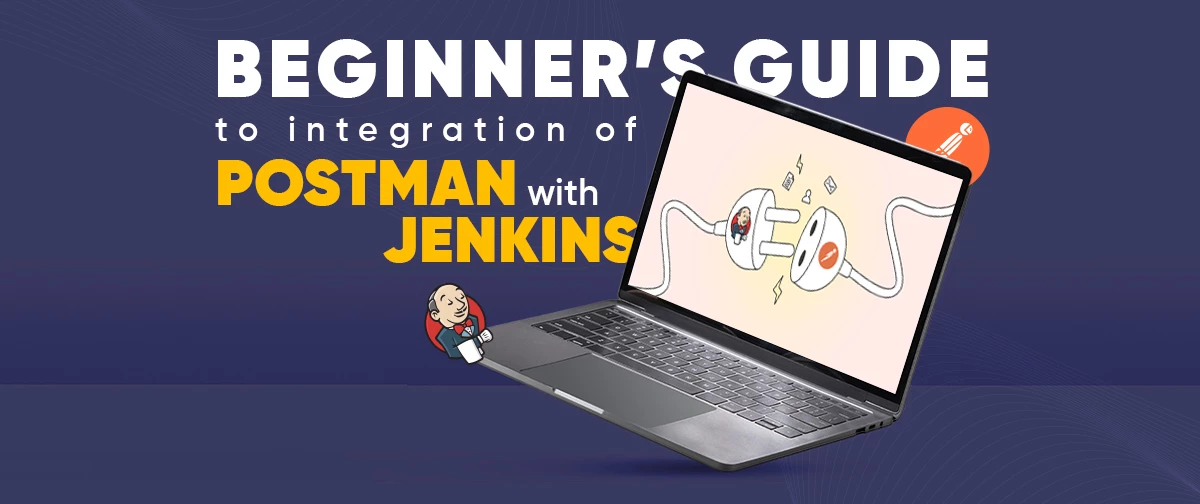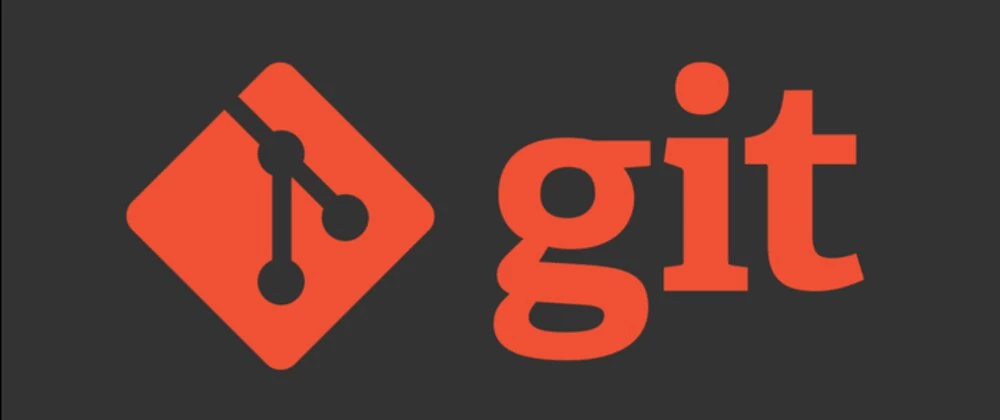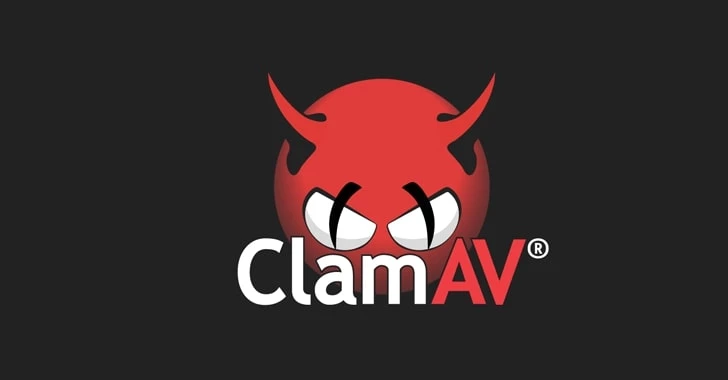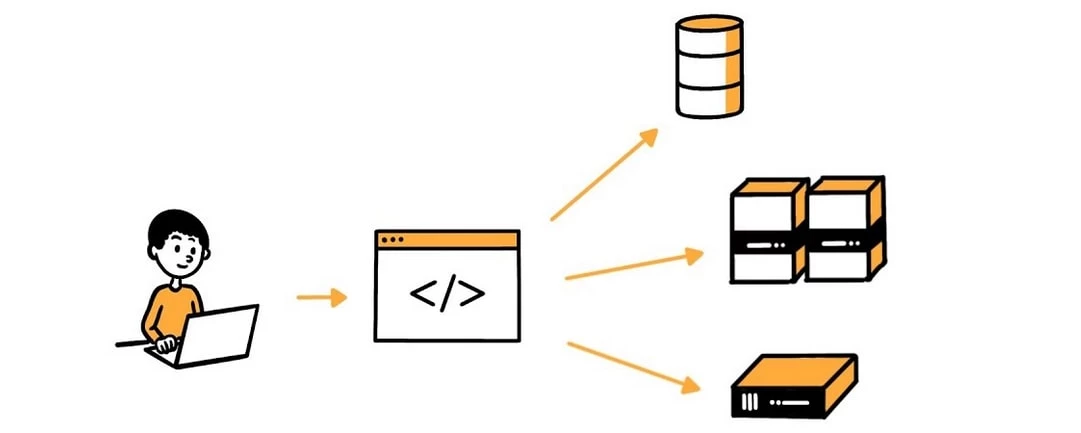Home / Blog / Nepal Government and Blockchain
Nepal Government and Blockchain

By EKbana on November 07, 2019
3m readIt was 1972 when the first computer was brought to Nepal as a lease for a population census calculation. Analyzing history, Nepal has been very slow to adopt digitization in the government sector.
Even now many government offices are using hardware and software dating back 10–15 years. Sometimes we as citizens have to wait for days to have our work done due to manual work which could be easily automated. Corruption and downright negligence have been some of the main problems in the government sector as there isn’t any liability, transparency, or liquidity.
As tax-paying citizens, we all have the right to information since our constitution ensures that every individual can freely express ideas, opinions, and thoughts, they should be able to freely formulate them, hence to be very well informed. In the current situation, there is no way for normal citizens like us to keep a check on where and how our tax has been utilized because there are no good records or misplaced somewhere. There have been minor digitization in government sectors but still, many of us think it is not enough. For example, let's look at our driver's license distribution, it will take about a year just to get a smart driver's license today.
Blockchain had been introduced back in 1991. But the fundamental concept of blockchain is a shared ledger protected by some sophisticated cryptography. The blockchain consists of a block where any kind of record can be kept as a cryptographic hash. All blocks are linked with each other. Any kind of action to change or tamper with data of one block will cause to invalidate the whole blockchain which will help to keep records immutable. People are mistaking blockchain for cryptocurrency, but cryptocurrency is merely only the implementation of blockchain.
Blockchain can be the way for the government to be fully digitized. Many countries and financial sectors have begun to adopt blockchain in their day-to-day business. Countries like Dubai, the US, India, China, etc have already started to adopt blockchain technology. By 2020 Dubai is planning to integrate blockchain solutions into all its services like visa applications, renewal of the license, payment, and many other services. Though in our government sector security has been a reason that has stood in the way of digitization because blockchain is a shared ledger and bringing data of millions of people onto a digital platform may risk hacking of this information, but we need to understand that the blockchain is virtually unhackable and changing or tampering data cannot be done it may be a solution for governments to go fully digital. If every government body is digitized and brought to the blockchain every citizen can monitor those institutions and keep a check on if there have been any fraudulent which will also reduce corruption. We can also view how the budget has been utilized for development in our area. And if we need some kind of permission blockchain for the privacy of our data, there are many other implementations like Hyperledger Composer and Corda which gives the option to provide permission blockchain network for sensitive information.
Blockchain can be used as a distributed ledger platform to model and facilitate government processes and track all public sector assets and expenditures. It can also be used to track and accommodate government transactions with full transparency and in a short time. Blockchain can be implemented in the identity management of citizens where it can be used to enable us to send and request credentials, and securely manage personal data. The same information can be used as a KYC in financial institutions.
Lastly, even though there may be some hurdles to implement it, for which studies and researches have to be conducted on how to overcome them accordingly. Nepal has been a trending follower in the global IT market and had done some really good innovations. Great things are happening in IT scenes now. We hope our government utilizes that manpower and be on its way to digitizing Nepal.
We’re empowering
business growth for our clients.
Take the first step towards growth today.
Get Proposal
More From EKbana
 See All Blog
See All Blog




